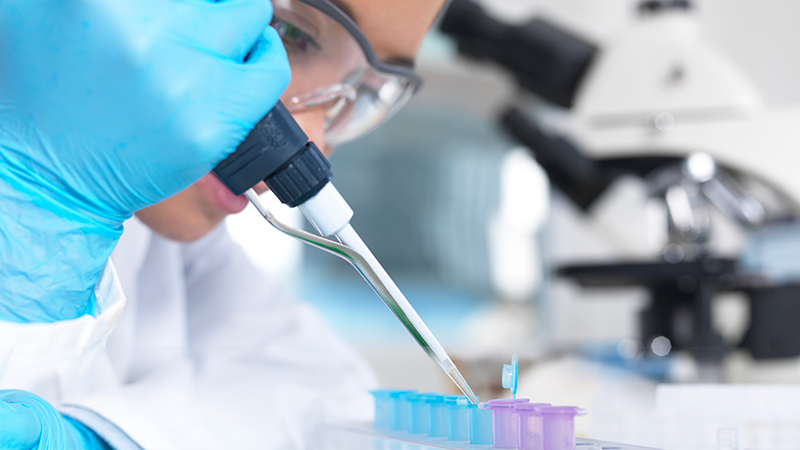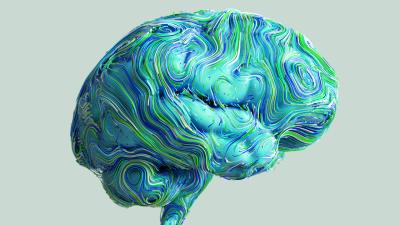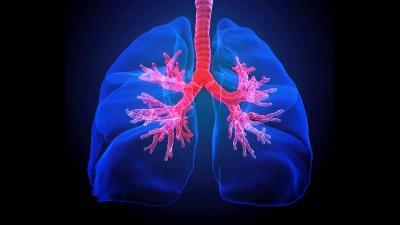A Global Trend in Cosmetic Testing: Swapping Out Animals for Nonanimal Assays
Implementing Modern Techniques for Product Safety Testing in China
With the recent news that California has banned the sale of personal care products that have been tested on animals, as a result of legislation co-sponsored by the Physicians Committee, we continue to work toward our goal of modernizing testing methods across the globe.
Reliable, efficient, and cost-effective nonanimal test methods are available and widely used, but unfortunately Chinese regulations still require animal testing for many imported cosmetic products. As a result, products that are verified as safe in their origin country, using the best safety testing methods available, may later be subjected to animal testing once the product is imported and sold in the Chinese market.
Fortunately, several non-profit organizations have already established relationships to influence regulators to increase their use and acceptance of nonanimal methods—and it’s working. Just recently, China’s National Institute for Food and Drug Control (NIFDC) issued a statement demonstrating a commitment to moving away from animal use for cosmetics safety testing. Our work to push for more Organization for Economic Cooperation and Development test guidelines using in vitro methods, including for eye irritation and skin sensitization, is leading to the acceptance of some in vitro methods in China. We are building upon this progress by supporting regulator training in nonanimal methods as one solution toward making such change.
As more countries commit to animal-free testing, the 400,000 animals estimated to be used annually in cosmetic testing will be saved. There are over 40 nonanimal methods that use human cells and tissues and sophisticated computer methods that are already accepted by international bodies. The time for change is here, and we are working to make it happen as quickly as possible.








